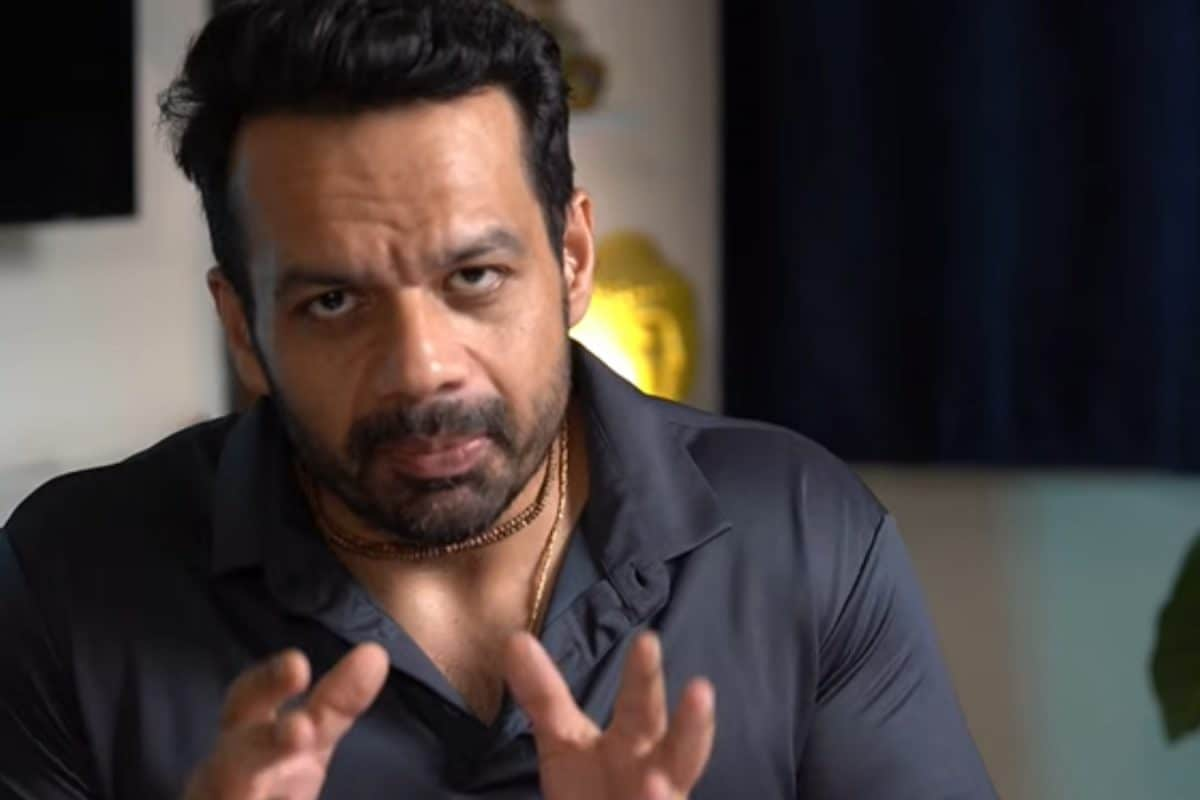

The Indian aviation sector is under increased scrutiny following recent events, particularly the Air India Flight 171 crash near Ahmedabad. This incident has brought renewed attention to safety standards and practices within Indian airlines, with YouTuber and former pilot Gaurav Taneja, also known as Flying Beast, being a prominent voice raising concerns.
Taneja, a commercial pilot for a decade before transitioning to full-time content creation, has consistently used his platform to discuss aviation safety. Following the Air India crash, where 241 of 242 people on board lost their lives, Taneja has been actively dissecting potential causes and highlighting systemic issues within the industry. He initially explored theories such as dual engine failure but has since shifted focus towards possible pilot error and the controversial Minimum Equipment List (MEL).
The MEL, as explained by Taneja, is "a categorized list of on-board systems, instruments, and equipment that may be inoperative for flight in a specified aircraft model". He pointed out that airlines are permitted to fly even with a significant number of inoperative components, raising questions about the acceptable level of risk. Taneja has also noted instances of Air India flights being dispatched with a high number of MELs, potentially increasing pilot workload and compromising safety margins.
Taneja has praised Air India pilots who have refused to operate flights deemed unsafe due to technical snags. He believes that pilots are under immense pressure from airlines, especially concerning insurance claims that often place blame on the pilots, who are unable to defend themselves post-accident.
Concerns about safety practices aren't new. In 2020, Taneja raised concerns about AirAsia India's safety protocols, leading to an investigation by the Directorate General of Civil Aviation (DGCA). The investigation revealed serious lapses, resulting in the suspension of two senior officials, including Capt. Manish Uppal, who was then Head of Operations. Taneja had specifically criticized AirAsia's alleged pressure on pilots to perform 98% of landings in "Flap 3" mode, a fuel-saving setting that he argued could be risky in adverse weather conditions. He claimed that failing to meet this target was treated as a violation of standard operating procedure.
Following the recent Air India crash, the appointment of Capt. Manish Uppal as Senior Vice President of Flight Operations at Air India has drawn criticism, given his past suspension. This appointment has amplified concerns about accountability and whether airlines are prioritizing cost-cutting measures over safety. The DGCA had previously found Uppal accountable for safety violations during his time at AirAsia India.
Taneja's vocal criticism and the reactions to the Air India crash highlight a growing unease regarding airline safety standards. His insights, combined with the tragic consequences of the recent accident, have spurred discussions about the balance between operational efficiency, cost reduction, and passenger safety within the Indian aviation industry.